What is Dyslexia?
The specific definition: Students struggling with reading and writing; often these students have a profile that includes:struggles with phonemic awareness, rapid naming, spelling, decoding, encoding, and fluency despite having typical intelligence.
Dyslexia is...
- A language based problem
- A phonological processing disorder
- Neurobiological in origin, present from birth, experienced for life
- A spectrum disorder that can range from an annoyance to a severe limitation
- More common than any other learning disability
- Responsive to expert, informed instruction (Moats, 2008)Weakness in word reading, phonemic decoding, and spelling
- Surprising because weakness exists in the presence of normal intelligence
- Present in adults who have poor spelling, are slow readers, and have difficulty with novel and complex phonological forms
Dyslexia is not...
- Characterized or diagnosed by seeing letters backwards (reversals are normal developmental patterns through second grade)
- Indicative of "gifted" status
- A disorder that cannot be diagnosed until third grade
- A visual problem
- Responsive to colored lenses and/or eye tracking exercises
What are the CORE characteristics of Dyslexia?
- Poor short term phonological memory
- Poor auditory working memory
- Poor sound-letter correspondence
- Difficulty with repeating longer words, phrases, sentences
- Difficulty with non-word repetition tasks
- A history of being below grade level in reading
- Low vocabulary (as student switch from learning to read to reading to learn, they will not have asmuch exposure to vocabulary)
Can speech therapy help identify and treat Dyslexia?
Research Sources:
Cabbage, Kathryn L, et al. “Exploring the Overlap Between Dyslexia and Speech Sound ProductionDeficits.” Language, Speech, and Hearing Services in Schools, U.S. National Library of Medicine, 24 Oct. 2018,https://www.ncbi.nlm.nih.gov/pubmed/30458539.
Adlof, Suzanne M., et al. “Understanding Dyslexia in the Context of Developmental LanguageDisorders.” ASHA Wire, https://pubs.asha.org/doi/10.1044/2018_LSHSS-DYSLC-18-0049.
Otaiba, Stephanie Al, et al. "Elementary Grade Intervention Approaches to Treat Specific Learning Disabilities,Including Dyslexia." Language, Speech, and Hearing Services in Schools, U.S. National Library of Medicine, 24Oct 2018, https://pubs.asha.org/doi/10.1044/2018_LSHSS-DYSLC-18-0022
Farquharson, Kelly. "Why Speech Sounds Matter for Literacy." SLP Summit,7 January 2020,

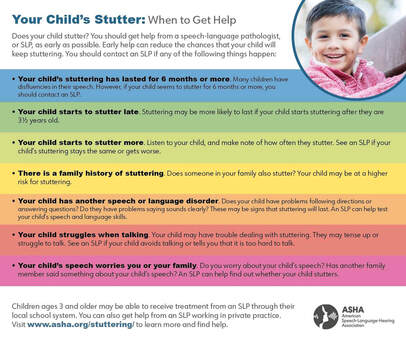

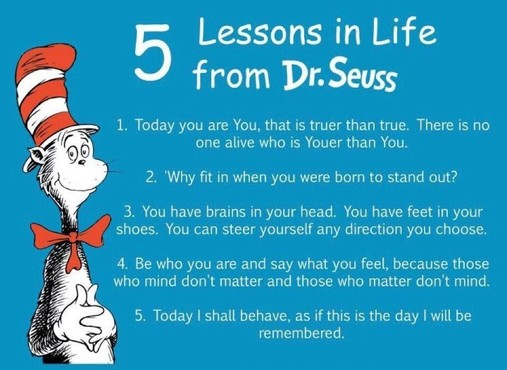
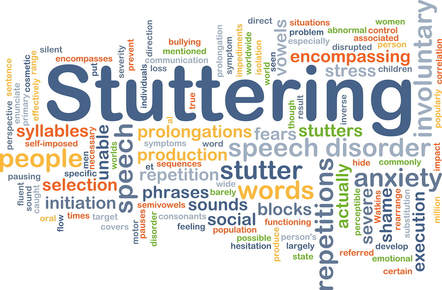
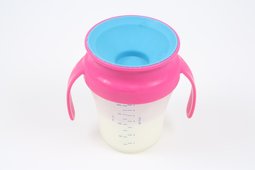

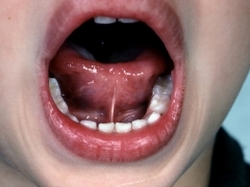
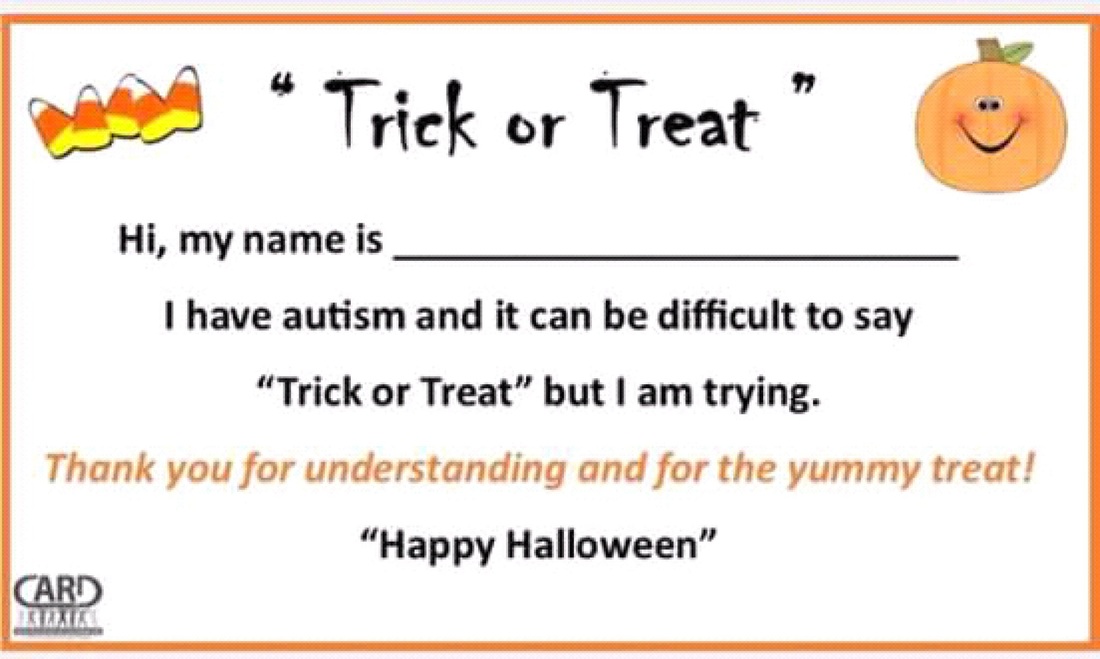




 RSS Feed
RSS Feed
